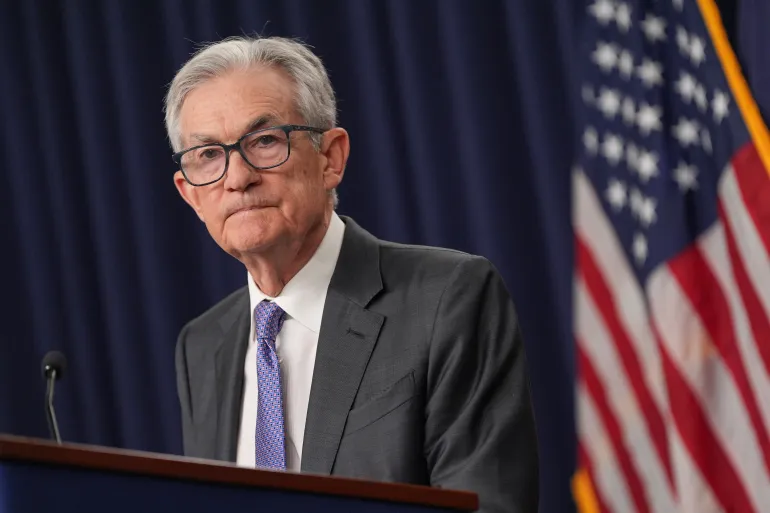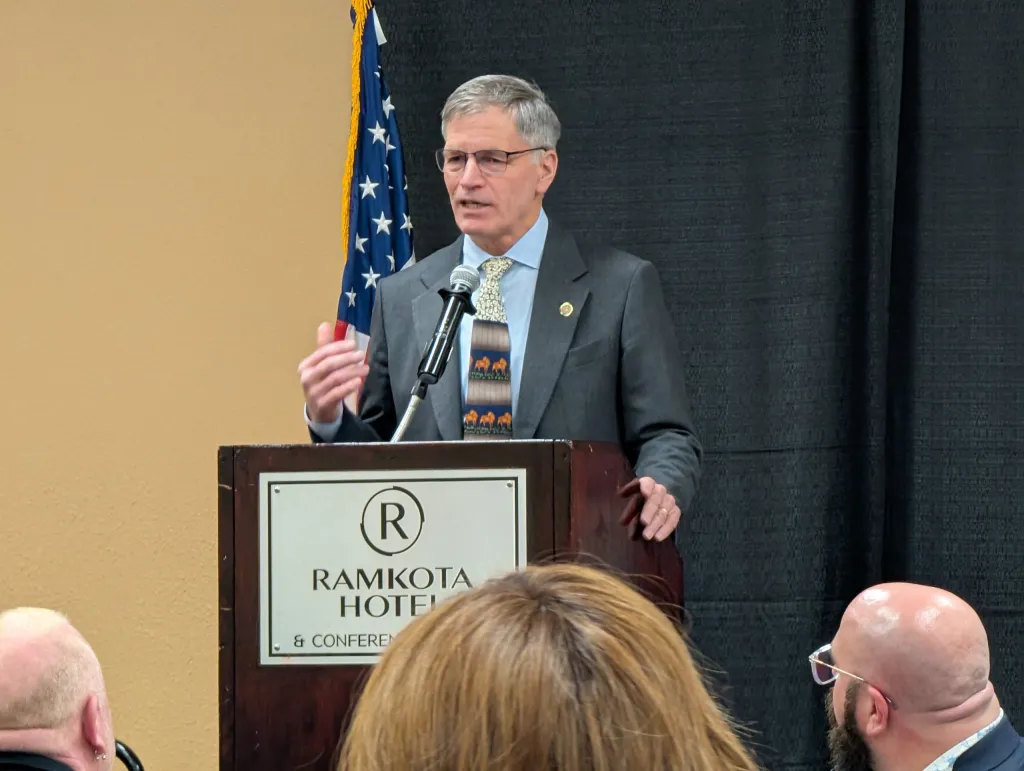A growing number of Americans are skeptical about the sincerity of corporate support for Pride Month, with many believing that companies prioritize profit and social pressure over genuine advocacy for LGBTQ communities, Axios reports.
That’s according to new data from the Pew Research Center, which surveyed both LGBTQ and non-LGBTQ adults earlier this year.
Among LGBTQ adults surveyed in January 2025, 68% said they believe most companies that promote Pride do so because it benefits their bottom line. Only 16% attributed corporate Pride efforts to a genuine desire to celebrate LGBTQ people, while 35% cited pressure to support LGBTQ causes as a key motivation.
The sentiment is similar among non-LGBTQ adults surveyed in February: 54% believe companies support Pride primarily for business reasons, 45% attribute it to social pressure, and just 13% believe the support is authentic.
The data also revealed a significant political divide, particularly among non-LGBTQ adults. For example, 61% of non-LGBTQ Republicans said companies support Pride due to pressure, compared to 30% of non-LGBTQ Democrats. Republicans were also more likely to doubt companies’ sincerity: 63% said few or no companies support Pride out of genuine belief, compared to 37% of Democrats.
These findings come at a time when corporate support for Pride Month appears to be under strain. Nearly 40% of companies are reducing their Pride-related engagement this year, according to Gravity Research data cited by Axios. Some major sponsors have pulled out of Pride events in cities such as New York, Washington, DC, Pittsburgh, and Philadelphia.
This pullback coincides with broader political and economic pressures. As the Trump administration criticizes diversity, equity, and inclusion (DEI) programs, some companies have scaled back or restructured their DEI initiatives. Others, however, continue to publicly support LGBTQ rights despite the scrutiny.
At the same time, the term “rainbow capitalism” has gained traction — a critique of companies using LGBTQ symbols and messaging to market themselves during Pride Month without making lasting commitments to LGBTQ causes.










The latest news in your social feeds
Subscribe to our social media platforms to stay tuned